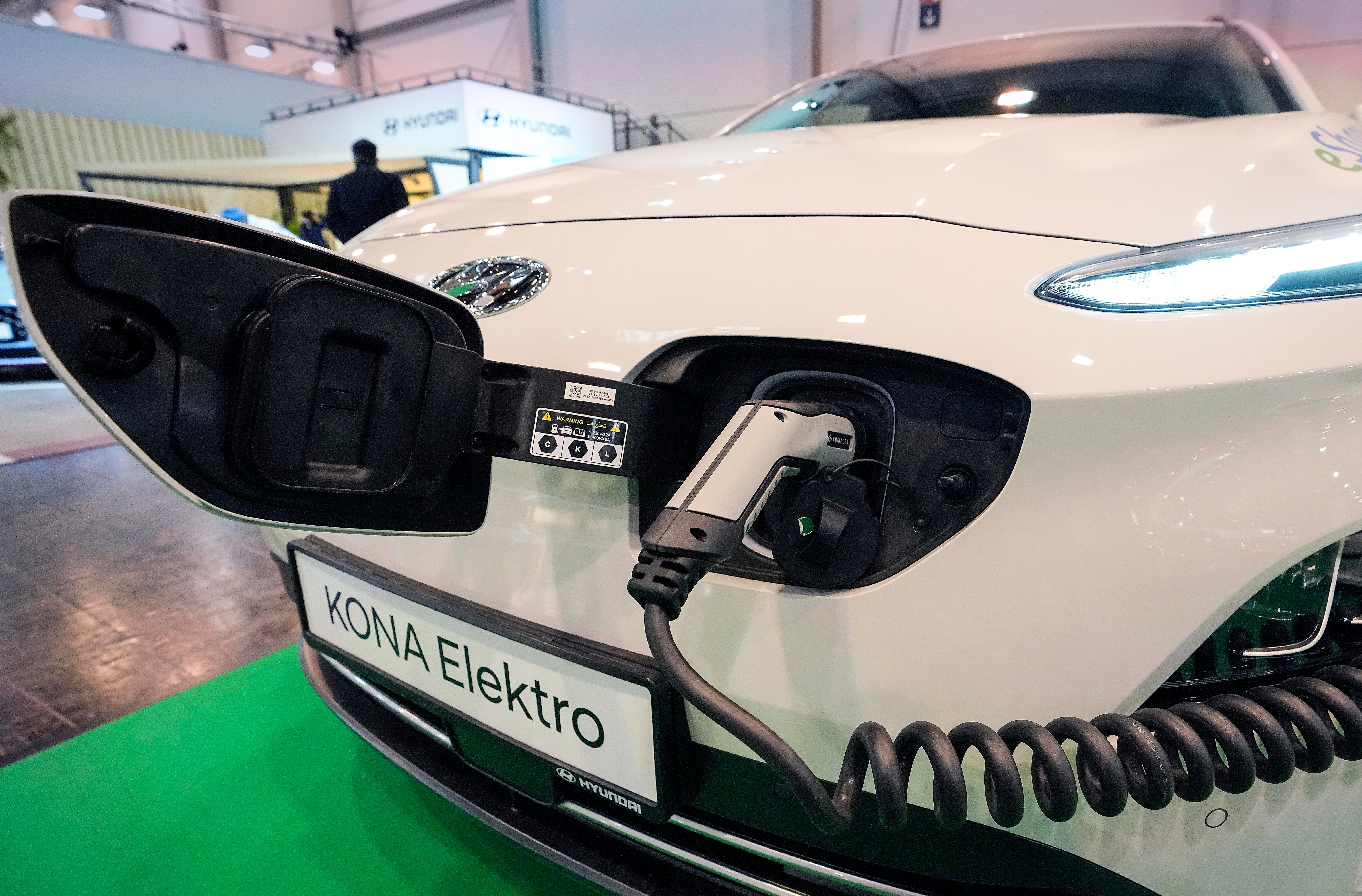New German government to revamp incentives for electric cars
Germany’s new government says it is extending the country’s current system of incentive payments for buyers of electric and hybrid cars by a year

Your support helps us to tell the story
From reproductive rights to climate change to Big Tech, The Independent is on the ground when the story is developing. Whether it's investigating the financials of Elon Musk's pro-Trump PAC or producing our latest documentary, 'The A Word', which shines a light on the American women fighting for reproductive rights, we know how important it is to parse out the facts from the messaging.
At such a critical moment in US history, we need reporters on the ground. Your donation allows us to keep sending journalists to speak to both sides of the story.
The Independent is trusted by Americans across the entire political spectrum. And unlike many other quality news outlets, we choose not to lock Americans out of our reporting and analysis with paywalls. We believe quality journalism should be available to everyone, paid for by those who can afford it.
Your support makes all the difference.Germany's new government said Monday it is extending the country's current system of incentive payments for buyers of electric and hybrid cars for a year but then plans to impose tougher requirements for vehicles to qualify for the support.
The economy and climate ministry that was set up when Germany's new government took office last week said it will only provide payments starting in 2023 for “electric vehicles that demonstrably have a positive climate-protection effect.”
Meeting that requirement will be based, in part, on a minimum distance cars can travel under electric power.
For the next year, the current system will still apply, making buyers of electric-only cars eligible for incentives of up to 9,000 euros (about $10,200) and qualifying buyers of plug-in hybrids for up to 6,750 euros.
Robert Habeck, Germany’s new economy and climate minister, said the government is trying to ensure "continuity” while it works on a new system.
“We will become more ambitious with support in the future, in order to boost electromobility further and strengthen climate protection," he said.
Habeck is a co-leader of the environmentalist Green party. He is also vice chancellor in the three-party government of center-left Chancellor Olaf Scholz which took office Wednesday.
The new government wants to have at least 15 million fully electric cars on the road by 2030. It also aims to step up efforts against climate change by expanding the use of renewable energy and bringing Germany’s exit from coal-fired power forward from 2038, “ideally” to 2030.